In the field of domestic microcontrollers (MCU), many high-quality domestic MCUs have begun to emerge in recent years with the rapid development of the domestic semiconductor industry, especially in the fields of the Internet of Things, smart hardware, and industrial control, gradually forming a competitive product line.
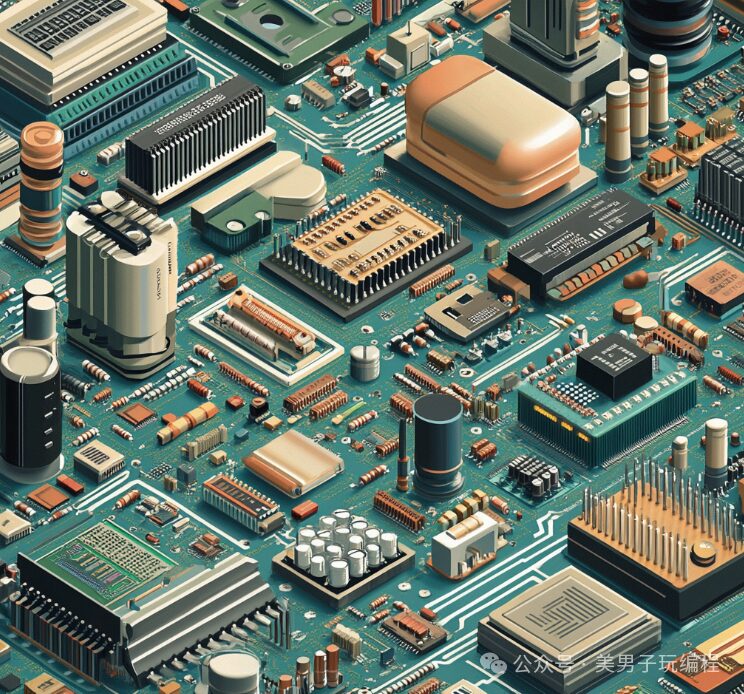
Below, I will introduce several domestic MCU brands and products that have received widespread attention in the industry, and analyze their advantages and disadvantages in terms of performance, ecosystem, and support.
First, it is necessary to clarify that the choice of suitable MCU needs to be determined based on specific application scenarios.
For example, for products with high low-power requirements, or applications with high real-time and processing capability requirements, the selected MCU will be different.
1. Huawei HiSilicon – Breakthroughs in Autonomous Driving and High-Performance Fields
Huawei HiSilicon’s microcontrollers have gradually begun to enter the market in recent years, especially its advantages in high performance and the Internet of Things.
Its launched series products such as Hi3861 and Hi3516 have strong computing capabilities and rich peripheral interfaces.
HiSilicon’s MCUs are commonly found in high-computation-demand scenarios such as artificial intelligence, video surveillance, and in-vehicle intelligence.
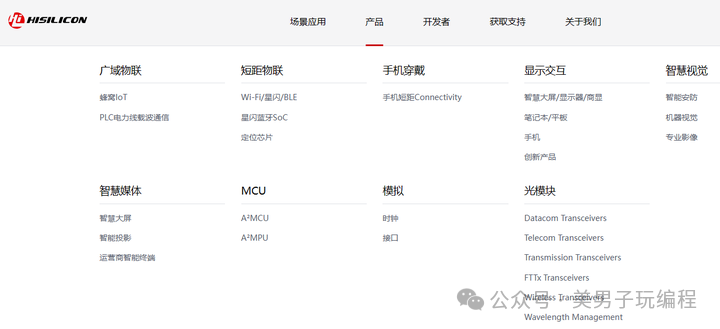
The core competitiveness of Huawei HiSilicon MCUs lies in their powerful chip architecture and stable ecosystem support.
For example, the Hi3861 series is equipped with an ARM Cortex-M33 core, which can provide strong processing capabilities and has low power consumption characteristics, making it widely used in smart home, smart security, and other fields.
In addition, Huawei also provides a complete software development platform and toolchain support for these MCUs, enabling developers to conduct development more efficiently.
However, Huawei’s MCUs may be slightly lacking in ecosystem construction compared to other traditional MCU manufacturers, especially in terms of domestic and international developer communities and third-party support, which still has room for further improvement.
2. ZTE Microelectronics – High Cost-Performance Ratio and Stability
ZTE Microelectronics’ ZXC5000 series MCUs mainly target the low-power, low-cost market and are commonly used in home, industrial control, and automotive electronics.
The ZXC5000 uses advanced CMOS processes, integrates ARM Cortex-M0/M3 processors, supports rich communication interfaces (SPI, I2C, UART, etc.), and features low power consumption, making it very suitable for battery-powered embedded devices.
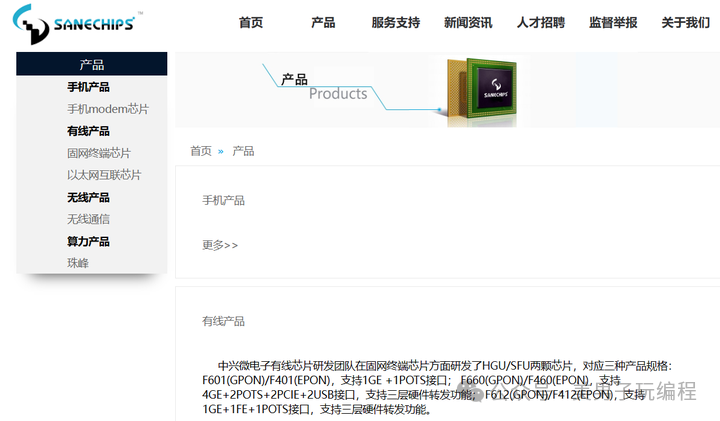
3. Espressif Technology – Benchmark in the IoT Field
Espressif Technology’s ESP32 series and ESP8266 series have very high market share in the Internet of Things (IoT) field.
The ESP32 is equipped with a dual-core processor, supports Wi-Fi and Bluetooth dual-mode communication, and has strong processing capabilities, widely used in smart homes, wearable devices, industrial automation, medical devices, and other fields.
Another prominent feature of the ESP32 series is its low price and strong performance, making it very suitable for developing low-cost, high-performance IoT products.

Espressif’s MCUs support a rich software ecosystem, including FreeRTOS, Arduino, ESP-IDF, and other development frameworks, making it very convenient for developers to carry out development.
However, Espressif’s MCUs may not be suitable for applications that require high real-time performance, as they may exhibit certain performance bottlenecks in some scenarios when operating at lower frequencies.
4. Rockchip – High Integration and Multifunctionality
Rockchip’s RK series MCUs, especially RK3568 and RK3588, perform outstandingly in high-performance embedded applications and are widely used in smart devices, industrial control, medical devices, and other fields.
Rockchip’s MCUs typically use ARM Cortex-A series cores, providing very high computing power, and are equipped with powerful image and video processing units, suitable for scenarios that require high image processing and video encoding/decoding.
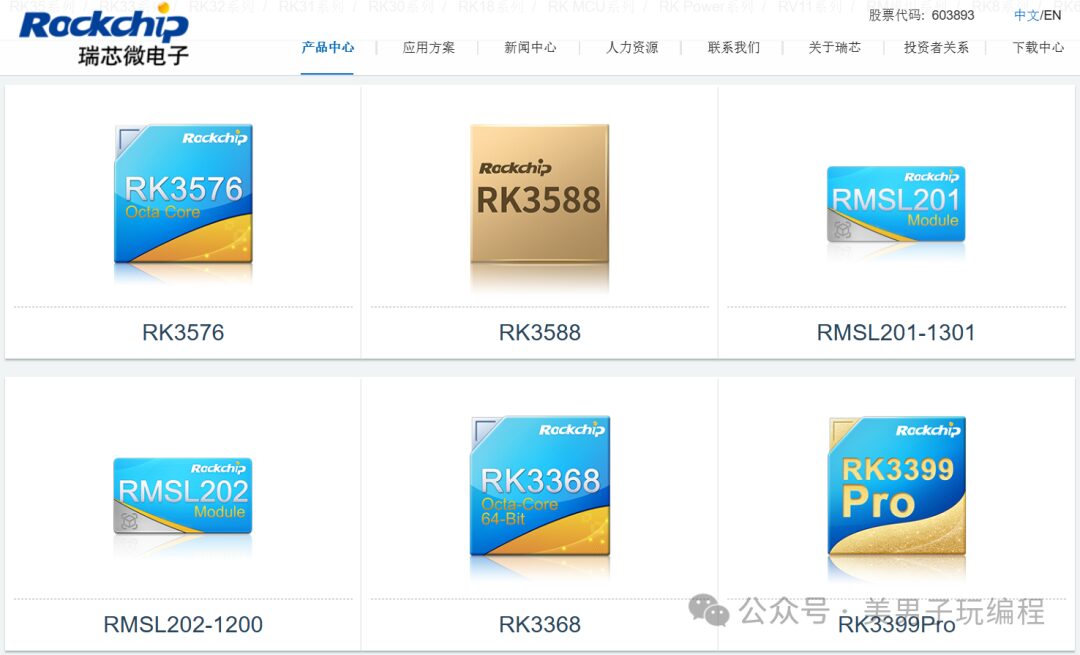
Rockchip’s products usually have high integration, such as supporting 4K video output, Wi-Fi, Bluetooth, and various peripheral interfaces, meeting the needs of some high-end applications.
The ecosystem of its chips is relatively complete, and the development tools and technical support are relatively rich, suitable for projects that require strong processing capabilities.
However, due to Rockchip’s MCUs having relatively strong computing power, their power consumption is also relatively high, which may not be suitable for all low-power requirements of embedded products.
5. GigaDevice – Fusion of Storage and Processing
GigaDevice’s GD32 series MCUs, especially the GD32E series and GD32F series, are widely used in industrial control, consumer electronics, medical instruments, and other fields.
The GD32 series is based on the ARM Cortex-M3/M4 architecture, with good real-time performance and efficient computing power, and supports rich peripheral interfaces (USB, CAN, SPI, etc.), characterized by a high cost-performance ratio.
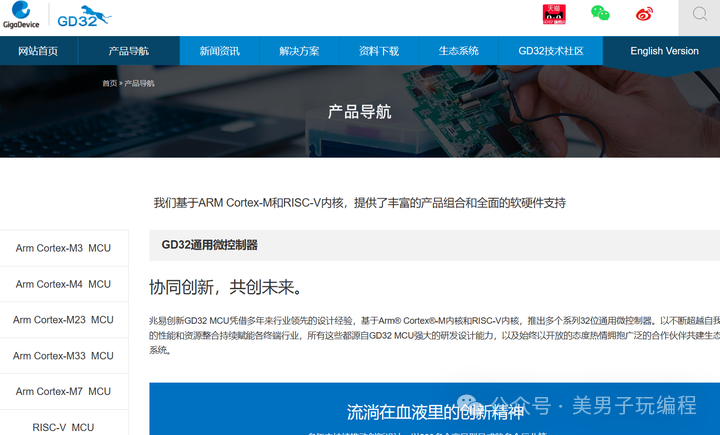
GigaDevice’s technology accumulation in the storage field often enables its MCU products to have larger Flash and RAM capacities, suitable for applications with high storage and processing needs.
At the same time, the GD32 series also has complete development environment support, such as Keil, IAR, GCC, etc., which allows developers to quickly get started and develop efficiently.
Although the GD32 series MCUs have powerful functions, their competitiveness with international brands like ST and NXP in certain high-end application scenarios may still have gaps.
6. Zhiyuan Technology – Focused on Automotive and Industrial Fields
Zhiyuan Technology has strong technical accumulation in the automotive and industrial fields, and its MOC21xx and MOC22xx series MCUs are widely used in automotive electronics, industrial automation, and intelligent manufacturing.
The characteristics of these MCUs are high reliability, strong anti-interference ability, and long service life, meeting the high standards required for automotive and industrial control.
Zhiyuan Technology’s MCUs typically support higher operating temperature ranges, powerful real-time processing capabilities, and rich industrial-grade peripheral interfaces (such as CAN, RS485, etc.), meeting the needs of complex industrial and automotive systems.
The development tools and ecosystem for their products are also gradually maturing, supporting a wide range of development platforms, such as Keil, IAR, and the manufacturer’s own development tools.
However, Zhiyuan’s MCU ecosystem is relatively niche, with relatively little support from the developer community, which may pose certain challenges for some developers.
Domestic MCU manufacturers have gradually emerged in their respective market segments and have shown strong competitiveness in low power consumption, high performance, and low cost.
From a technical development and market demand perspective, Espressif Technology’s ESP series is undoubtedly one of the most competitive domestic MCUs in the Internet of Things field, while Rockchip and Zhiyuan Technology have significant influence in the industrial and automotive fields.
Huawei HiSilicon and ZTE Microelectronics mainly target the higher-end market, providing high-performance and multifunctional solutions.
However, the development of domestic MCUs still faces challenges in ecosystem construction and technological maturity, especially in global competition, how to break through foreign technology barriers and enhance the depth and breadth of developer communities and third-party support will be the key to the further development of domestic MCUs in the future.



